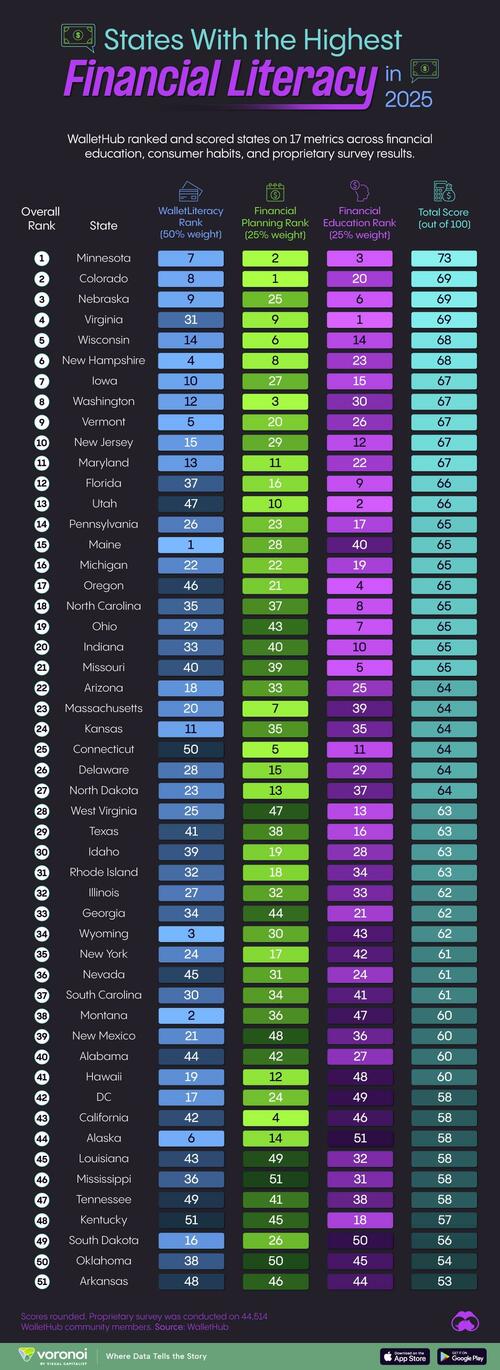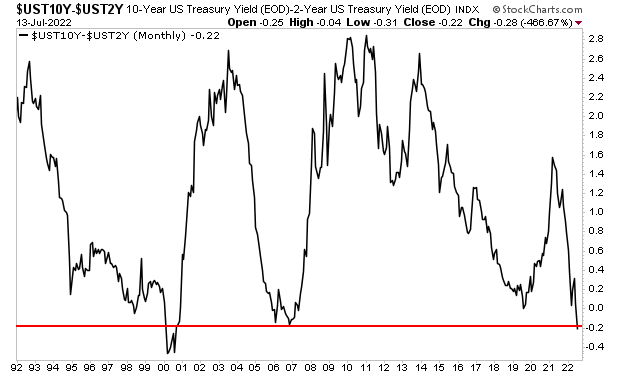Under this law, every resident of the state would be guaranteed access to free healthcare services, including consultations, medications, diagnostics, emergency transport, procedures, emergency care, and safe and quality healthcare at all public health institutions and select private institutions.
The rules are yet to be framed so it isn’t clear yet if non-emergency cases will be covered under the guarantee. The state’s health minister said in a media briefing that the provisions will apply to private hospitals with more than 50 beds.
Healthcare providers are expected to give emergency treatment and care without waiting for prepayment or police clearance, and will be entitled to reimbursements from the state government. Those violating the law would be fined up to ₹10,000 for the first violation and ₹25,000 for subsequent ones.
Under the bill, the state government must make appropriate provisions in the budget, increase access to healthcare services, and develop and institutionalise a human resource policy to ensure the availability and equitable distribution of health workers at all levels. It is also to set up grievance redressal mechanisms and constitute state and district health authorities that will formulate, implement and monitor mechanisms for quality healthcare and management of public health emergencies.
Health schemes in the state
The state government launched two health schemes in 2021 – the Rajasthan Government Health Scheme (RGHS) for public servants and pensioners, and Chiranjeevi Health Insurance Scheme for the general public.
Both schemes provide beneficiaries with cashless medical services at every public hospital – and most private ones – in the state. After they were launched, footfall in the public healthcare system declined as people preferred private health services.
SMS Hospital, the biggest multispecialty public health institution in the state, has seen a decline in surgeries since the launch of these schemes, according to the senior doctors of the surgery department. This has reduced the workload for doctors, residents, and medical students at the medical college, which has affected the training rigor and quality of prospective doctors.
By introducing the bill the state has tried to show its commitment to people’s right to health, but will it become a reality or will it prove to be just another populist measure, introduced with an eye on the state assembly election that’s due by the end of the year?
Key issues with RTH
Doctors at private establishments have been agitating since September 2022, when the bill was first introduced in the assembly. Here are some of the issues with the bill:
Firstly, it directly affects the financial viability of private healthcare providers, thereby hindering investments in private companies. It gives people the right to get free healthcare from any medical establishment but provides no clarity on how private healthcare providers will be compensated. If the government fails to reimburse the costs efficiently, private establishments will not be commercially sustainable.
Secondly, the state may see its financial obligations shoot up if the right to health is implemented. In 2022–2023, Rajasthan spent 7.3% of its total budget on health, which is more than the national average of 6%. This is on account of higher spending on the Chiranjeevi Scheme and RGHS, and the plan to establish medical colleges in every district will raise it further.
As per the Rural Health Statistics (2021-22) released by MoHFW, the state has a shortage of health workers, especially at Community Health Centres (CHCs) in rural areas, which needs to be corrected for the effective implementation of the bill.
According to National Health Accounts Estimates for India (2022), in 2018-19 in Rajasthan, the total expenditure on health was ₹29,905 crore. Of this, 43.7% was spent by the government (both centre and state), while 44.9% was spent by private firms, leading the state to pay a sizeable portion of what is right now people’s out-of-pocket expenses.
The state is now expected to push the private sector to spend more to meet the demands of right to health on account of the increase in IPD/OPD patients at private establishments due to lack of access and absence of quality healthcare in public establishments, and by keeping reimbursements in abeyance.
Thirdly, the quality of treatment may be compromised to keep private entities viable. To meet their obligations under the Chiranjeevi scheme, private hospitals have been creating separate wards that doctors don’t visit regularly. Patients here are discharged within a day, the minimum requirement, and then asked to get readmitted under the cash (self-payment) option. If a patient needs to remain in hospital, treatment is chargeable over and above the scope of the insurance scheme.
Healthcare services will most likely be negatively affected by the additional obligations that fall on private healthcare suppliers under the RTH bill. By providing the right to health, it seems the state is making quality treatment harder to obtain.
Fourthly, there is a lack of clarity on various forms of emergency treatment and care that can be modified by the State Health Authority from time to time. This has caused apprehension among the medical fraternity and private entities.
And finally, with an anticipated adverse impact on the private healthcare sector, the state may not be able to attract the big healthcare conglomerates. This will affect the investment climate in its health sector and perhaps other sectors as well, as the state’s proclivity for sacrificing the viability of privately owned commercial enterprises for fulfilling public services obligations is clear.
The Delhi High Court stated in a 2007 ruling that private hospitals that get land on concession should be subject to the state’s commitment to providing healthcare for its residents, but this should be commercially viable. Hence, 10% of patients in the OPD and 25% in the IPD must get free care at these facilities.
While private healthcare facilities that acquired land at concessions are subject to these obligations, they should not be imposed on facilities that did not get concessions. The RTH bill, though, puts all private institutions under the same umbrella, threatening their commercial viability.
Way forward
This is not to say that the initiative is not well-intentioned. It is crucial to achieve the target of universal health coverage. But not enough thought has been given to its implementation. Here are a few suggestions:
First, the Right to Education model could have been replicated, thereby equally distributing the burden of providing quality healthcare between state and private healthcare providers. Private entities could also have been encouraged to expand healthcare services in the state to make the sector financially viable.
Second, a clearly defined mechanism with a single-window system should have been proposed for reimbursing private institutions.
Third, the asymmetry of information between patients and private healthcare providers should have been cleared by the government by making them aware of the coverage of the bill. For example, in the Chiranjeevi scheme, patients are often unaware of the package limits and they expect the full cover of ₹10 lakhs as publicized by the government.
Fourth, the government should set up a grievance redressal system to address the complaints of healthcare providers.
Fifth, the government needs to focus on strengthening public hospitals rather than just shifting the burden onto private hospitals.
Sixth, how will the state government raise the money needed to implement all this?
While framing the rules, the state should prioritise these issues to allay the fears of all stakeholders. The proposed act should focus on the delivery of quality healthcare rather than free healthcare even for those who can afford it. This should not be a mere populist measure or citizens will end up the biggest losers.
The author is Assistant Professor, Department of Economics, St. Xavier’s College, Jaipur.
Download The Mint News App to get Daily Market Updates.
More
Less















